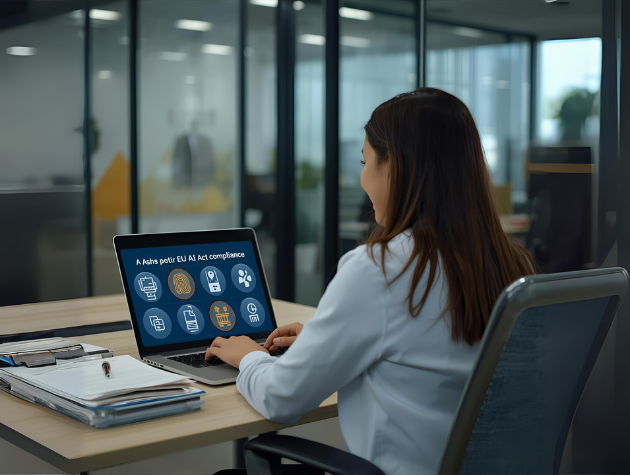What if the secret to scaling modern legal technology wasn’t locked away in proprietary systems but shared freely through open-source code?
In today’s legal tech landscape, the concept of “open” can feel counterintuitive. After all, how can you build a successful business or a defensible legal strategy by giving your software away? That’s exactly the question Heather Meeker, a pioneering attorney and venture capitalist, has spent her career answering.
In a recent episode of Notes to My (Legal) Self® AI Insights, Olga Mack sat down with Heather Meeker to unpack the legal and business dynamics of open-source software. With nearly three decades of experience in Silicon Valley and a specialized focus on open-source licensing, Heather now serves as a general partner at OSS Capital, one of the only VC firms solely investing in commercial open-source startups.
Watch the full conversation with Heather Meeker here:
Open Source Business Models in Legal Tech: Innovation Beyond Free Code
For many, open source evokes confusion. If the code is free, where’s the money?
Heather answers with a clear analogy. Open-source code is like the unassembled parts of a car. Sure, they’re valuable, but most people aren’t interested in buying a pile of parts. They want a fully built, roadworthy vehicle. Similarly, open-source businesses make money by delivering the finished product: secure, scalable, and supported software that solves real problems.
And it’s not just the functionality customers are buying it’s the experience. As Olga put it during their discussion, buying legal tech is often about more than capability; it’s about confidence, reliability, and trust.
Intellectual Property and Open Source Legal Innovation
Does giving away code mean intellectual property no longer matters? Not at all. Heather breaks IP into three key components: patents, copyrights, and trademarks.
Most commercial open-source companies don’t rely heavily on patents, and copyright is addressed through well-established open-source licenses. But trademarks? That’s where much of the business value resides.
Open-source licenses don’t grant branding rights, meaning you can reuse the code but not the brand. This distinction is vital for maintaining business identity, trust, and market differentiation. In fact, many companies enforce their trademarks more rigorously than their code rights.
A Legal Strategy That Streamlines Business
Heather also highlights how open-source licensing has changed legal and business expectations. Gone are the days of complex software escrows and IP negotiations for every enterprise deal. Open source simplifies transactions, clarifies rights, and accelerates go-to-market strategies, especially for lean legal teams and growing startups.
In-house legal professionals who understand this shift can help their organizations make smarter technology decisions, align with developer expectations, and avoid unnecessary licensing headaches.
Why Embrace Complexity? Because It Works
Some might wonder why any entrepreneur or investor would choose such a complex path. Isn’t there an easier way?
According to Heather, entrepreneurs are drawn to open source because it supports innovation and community-driven growth. For investors like OSS Capital, the complexity is a strength. It acts as a moat, filtering for founders and backers who truly understand the landscape. As Heather says, “We don’t have to ask, ‘How does open source work?’ We already know.”
That shared fluency enables faster decisions, stronger partnerships, and better investment outcomes. Complexity, in this case, becomes a competitive advantage.
The Future of Open Source in Legal Tech
As legal teams increasingly adopt advanced technologies, understanding open-source licensing models is no longer optional. It’s essential. Whether you’re advising your company on legal risks, procuring new legal ops tools, or launching your own startup, the open-source playbook offers a powerful framework for innovation and trust.
Heather’s book dives deeper into these principles with real-world examples, practical guidance, and strategies for navigating the legal nuances of open development. For legal professionals curious about where law and code intersect, it’s a must-read.
Watch the full conversation here: Notes to My (Legal) Self: Season 7, Episode 1 (ft.Heather Meeker)
Join the Conversation
At Notes to My (Legal) Self®, we’re dedicated to helping in-house legal professionals develop the skills, insights, and strategies needed to thrive in today’s evolving legal landscape. From leadership development to legal operations optimization and emerging technology, we provide the tools to help you stay ahead.
What’s been your biggest breakthrough moment in your legal career? Let’s talk about it—share your story.



